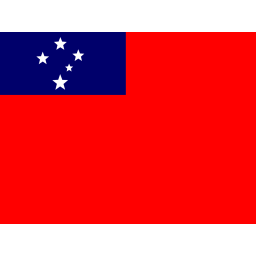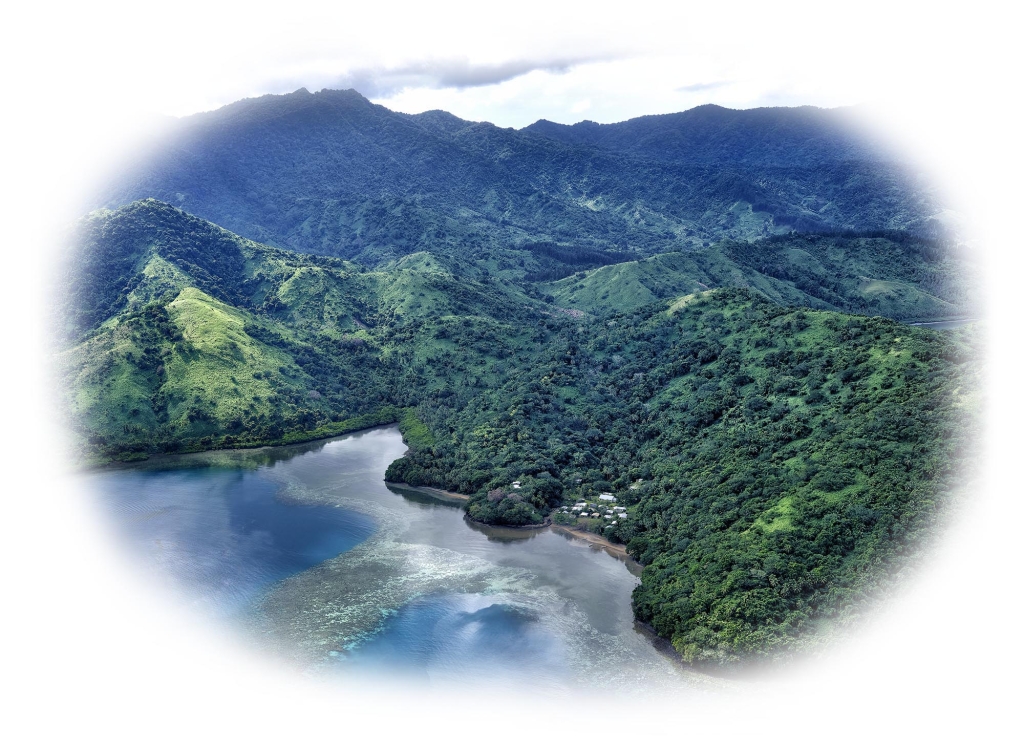

Pacific Island countries have identified many critical issues and national priorities to protect biodiversity, communities and ecosystems in our region. In response, the Pacific Biodiversity and Sustainable Land‐Seascapes (Pacific BioScapes) Programme has the overall aim of better managing our coastal and marine resources and adapting to climate change through ecosystem-based responses.
Regional initiatives undertaken will include assessing and mapping regional marine protection priorities; supporting implementation of the Pacific Islands Framework for Nature Conservation and Protected Areas; producing and distributing environmentally sustainable marine tourism guidelines; Local Early Action Planning (LEAP) and ecosystem assessments across Micronesia and strengthening the engagement of youth in Pacific conservation agendas. Some key national initiatives under the Programme will include:
|
Cook Islands: Strengthening marine spatial planning. Implementing a network of long‐term turtle nesting beach surveys. |
 |
Papua New Guinea: Raising public awareness on the need for sea turtle protection. | |
| Federated States of Micronesia: Supporting implementation of the Protected Areas Network Policy Framework. |  |
Samoa: Managing and planning marine sanctuaries. Coastal management and restoration at specific sites. |
|
 |
Fiji: Supporting sustainable kava cultivation from an ecosystem perspective on Gau island. Implementing ridge to reef ecosystem management in Ra Province. |
|
Solomon Islands: Implementing an integrated conservation and development plan for the Solomon Islands Central Province seascape. |
|
Kiribati: Supporting marine spatial planning. Protecting seabird habitat through invasive species eradication on Kiritimati island. |
|
Tonga: Supporting local community monitoring of coastal ecosystems following invasive species eradication. |
|
Marshall Islands: Enhancing management of coral reef fisheries and resilience of coral reef ecosystems. |
|
Vanuatu: Supporting sustainable kava cultivation from an ecosystem perspective. Investigating plastic pollution impacts on seabirds. |
| Palau: Building capacity for protected areas network. Implementing network of marine turtle nesting beach surveys. |
 Gau Island, Fiji. Photo: © Stuart Chape
Gau Island, Fiji. Photo: © Stuart Chape

|
Pacific Environment Portal The Pacific Environment Portal provides an easy way to find, access and reuse regional and national data. Our main purpose is to provide easy access and safe storage for environmental datasets to be used for monitoring, evaluating, and analysing environmental conditions and trends to support environmental planning, forecasting, and reporting requirements at all levels. |

|
Pacific Islands Protected Area Portal The Pacific Islands Protected Area Portal connects ‘People, Places and Knowledge‘ and provides a doorway through which Pacific Islands protected area practitioners can share expertise and benefit from opportunities in this region. The portal is the region’s premier one stop online resource for Pacific protected areas information and tools. |

The Pacific BioScapes Programme is a European Union (EU) funded action, managed and implemented by the Secretariat of the Pacific Regional Environment Programme (SPREP).
This website was produced with the financial support of the European Union. Its contents are the sole responsibility of SPREP BioScapes Programme and do not necessarily reflect the views of the European Union.
